Don't expect too much.
According to Dr. Nguyen Chu Gia Vuong (Vietnam Institute of Mathematics), the current reality shows that teaching math in high schools is causing many parents to worry because the study time is long, the amount of knowledge is heavy, but the teaching is in a routine way. Students' learning is mainly solving exercises with high frequency of repetition. Meanwhile, the nature of math teaching does not mean just teaching students to calculate but must teach students the ability to think logically, analyze, argue, synthesize and solve problems...
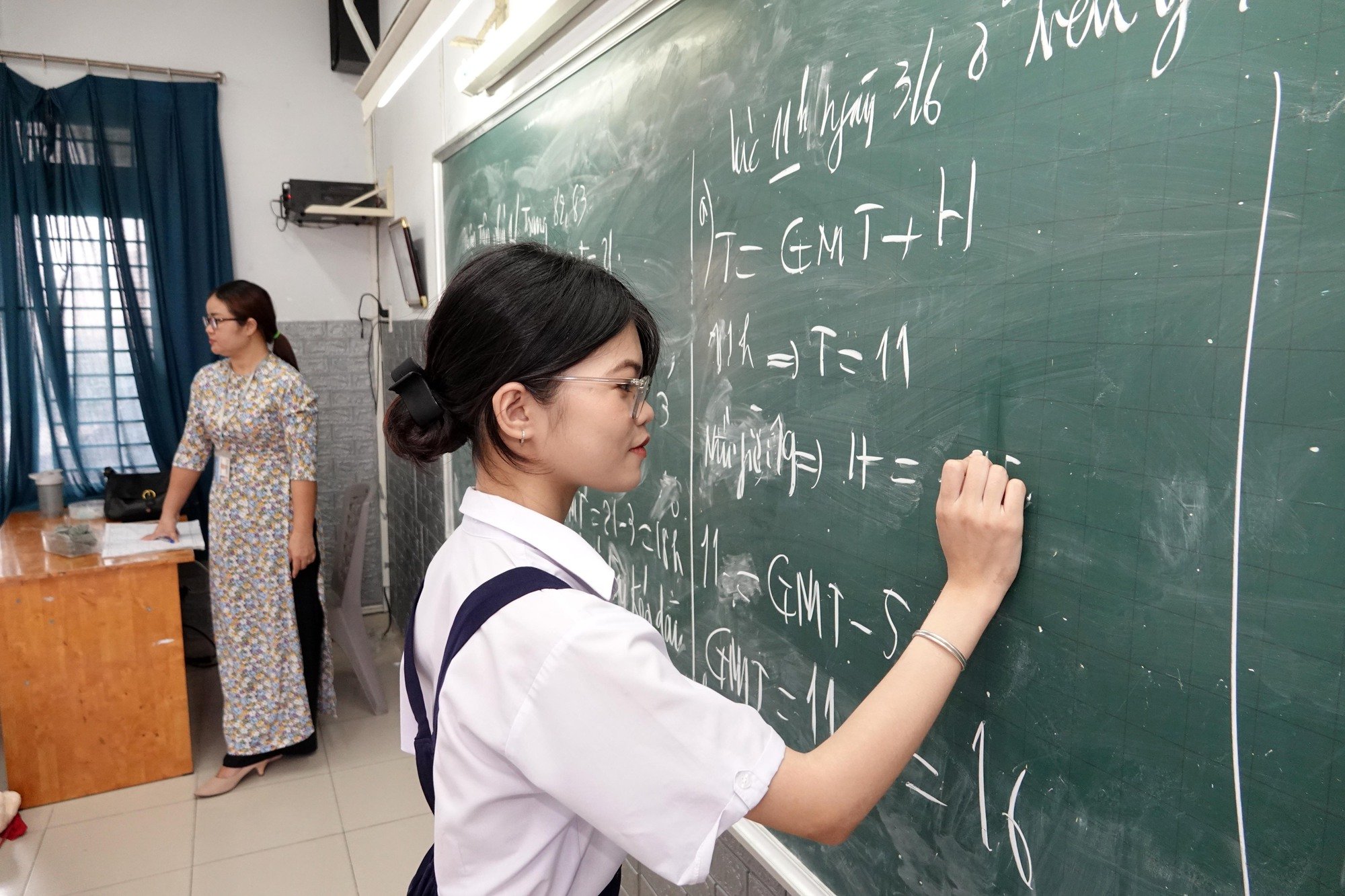
The current general mathematics program has the task of developing mathematical abilities for students in accordance with their development, in which thinking and reasoning are among the core abilities.
These abilities are not consistent with the math scores of students in high school or in exams. The desire for their children to participate in activities that increase their thinking ability, creativity, etc. is a legitimate demand, a correct way of thinking of parents. However, Dr. Vuong believes that parents should not expect too much from the ability to help their children develop thinking just by studying math better. Of course, math is the subject where training thinking ability is easiest, especially for countries that do not have many economic conditions. But it is not the only subject that helps train thinking. People can learn thinking through other subjects, other activities. For example, literature is also a subject that is very helpful in developing thinking.
Therefore, if parents do not focus on short-term goals in educational activities (such as achieving high scores in tests and exams), but want to train their children's thinking, then let them participate in activities in the form of clubs, in different fields. It could be a math club, or physics club, or chemistry club, or information technology club..., or more generally, such as learning about natural sciences, life sciences... Participation in any activity depends on the student's inclinations, strengths, and interests; do not be prejudiced that learning this or that subject is good.
Should study the current math program firmly and well
According to Dr. Tran Nam Dung, lecturer of the Mathematics Education Department, Faculty of Mathematics and Information Technology, University of Science (VNU-HCM), the centers that teach thinking mathematics in HCMC generally have their own philosophy, programs and subjects, and are licensed to operate. The basic problem is that the centers must fulfill their commitments to customers. Because there is still a situation of teaching "lack of thinking" mathematics, extra classes outside of school always have students. But no one can be sure whether the centers that teach thinking mathematics can help students solve the problem of "lack of thinking" or not.
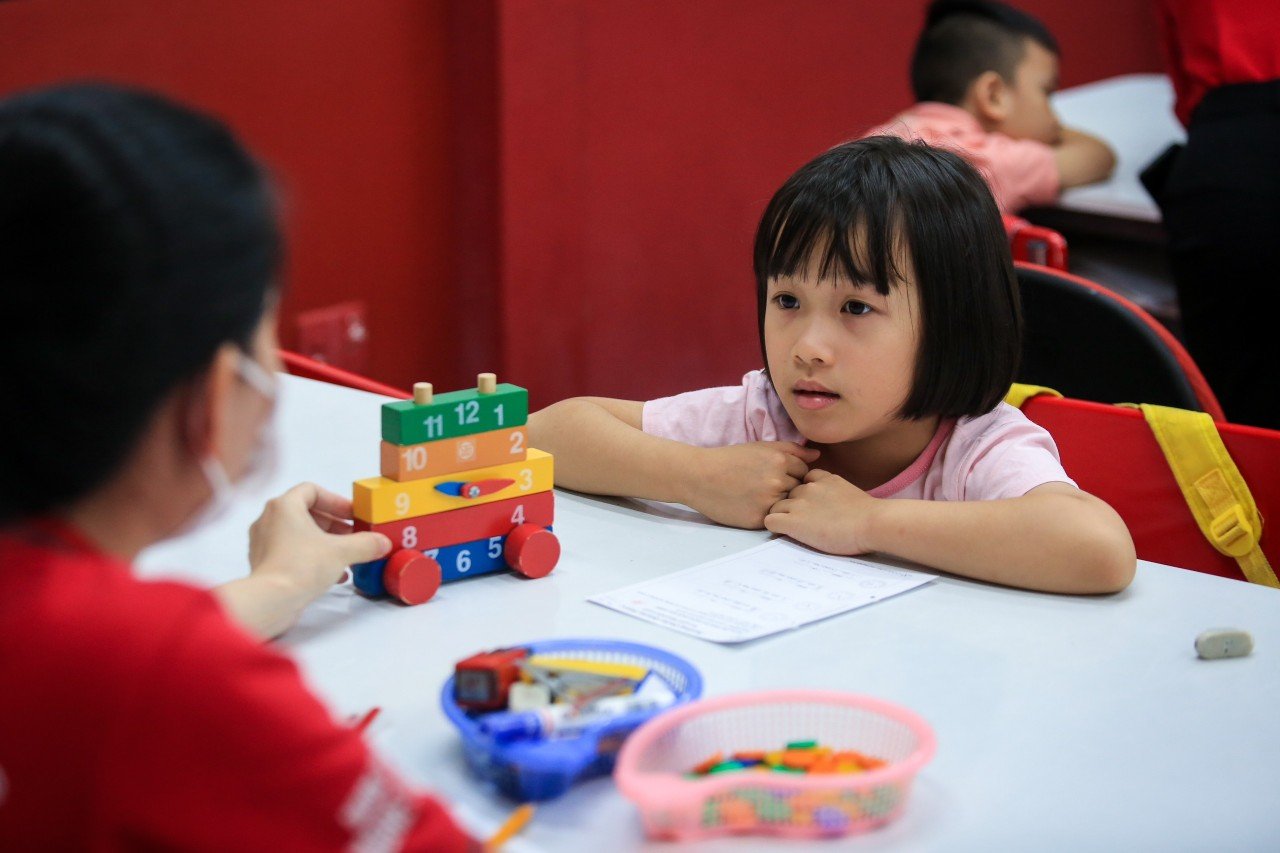
Many parents send their children to math thinking classes.
However, Dr. Dung also stated that the current general math program has the task of developing math skills for students in accordance with their development, in which thinking and reasoning are among the core skills. The general math program is designed scientifically and consistently. Therefore, the first thing to do with math is to learn math well and firmly in school. Extracurricular lessons outside should only be supplementary, enhancing, and creating more interest for students.
"A piece of advice for parents (when letting their children take extracurricular classes) is to choose programs with a clear roadmap, output standards, study once a week, and not create extra pressure for students. Parents should also refer to the curriculum and it is best to spend time studying with their children. Interaction and question-and-answer processes are essential for the development of thinking," Dr. Dung shared.
However, the problem is whether parents are qualified enough to help their children develop their thinking when studying with them, when they may not understand the nature of the lessons that students are taught. Dr. Dung said: "Teaching students to think is the job of teachers, while parents only think and discuss with their children, but do not teach them. Mathematical thinking is actually very natural, so with the elementary school program, if parents cannot learn with their children, it means that the program has problems (because it is too difficult, too complicated)".
Source link


![[Photo] Hanoi morning of October 1: Prolonged flooding, people wade to work](https://vphoto.vietnam.vn/thumb/1200x675/vietnam/resource/IMAGE/2025/10/1/189be28938e3493fa26b2938efa2059e)
![[Photo] Keep your warehouse safe in all situations](https://vphoto.vietnam.vn/thumb/1200x675/vietnam/resource/IMAGE/2025/10/1/3eb4eceafe68497989865e7faa4e4d0e)
![[Photo] President of the Cuban National Assembly visits President Ho Chi Minh's Mausoleum](https://vphoto.vietnam.vn/thumb/1200x675/vietnam/resource/IMAGE/2025/10/1/39f1142310fc4dae9e3de4fcc9ac2ed0)



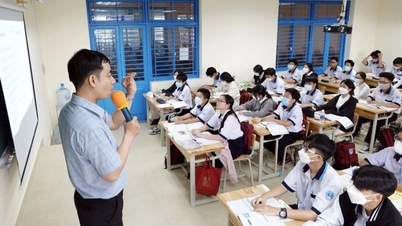














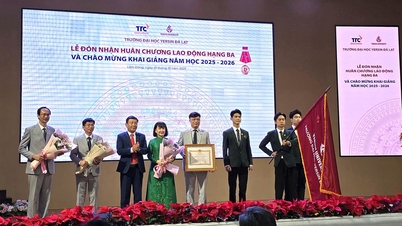










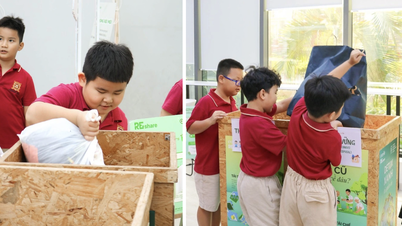
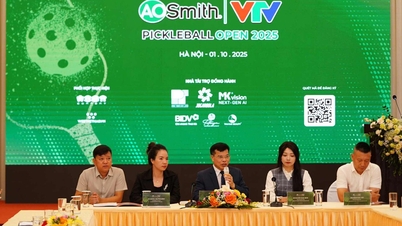































































Comment (0)